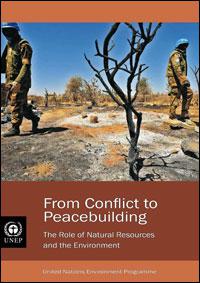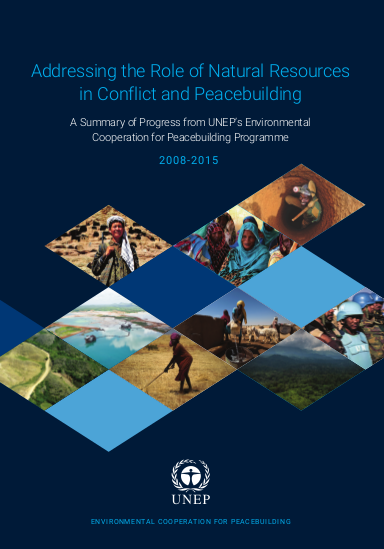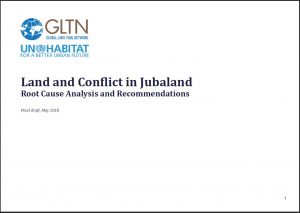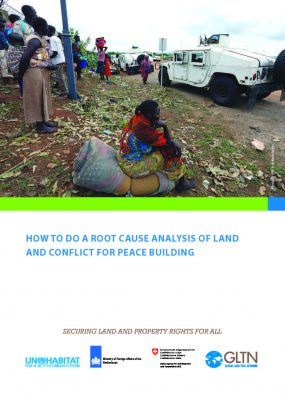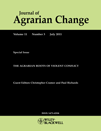From Conflict to Peacebuilding
Since 1990 at least eighteen violent conflicts have been fuelled by the exploitation of natural resources. In fact, recent research suggests that over the last sixty years at least forty percent of all intrastate conflicts have a link to natural resources. Civil wars such as those in Liberia, Angola and the Democratic Republic of Congo have centred on high-value resources like timber, diamonds, gold, minerals and oil. Other conflicts, including those in Darfur and the Middle East, have involved control of scarce resources such as fertile land and water.

